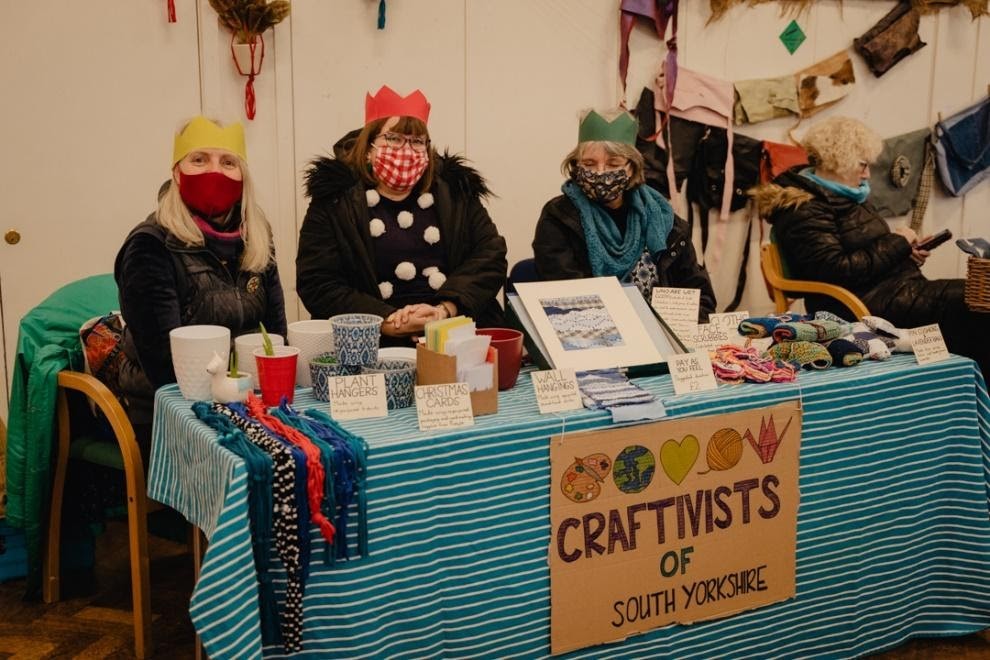The lack of coordination between police, hospitals and government means only a fraction of drink spiking incidents end in a criminal prosecution.
To understand the reasons for this and the impact it has on people, we spoke to campaigners, experts and victims.
Collin and Mandy Mackie founded Spike Aware in 2017 after their 18-year-old son died when his drink was spiked with ecstasy in his student halls in Edinburgh.
They support victims of spiking who are too afraid to report it to the police, a common issue as 97% of incidents go unreported.
A Leeds woman was spiked with heroin at her place of work where she passed out in a cubicle and was undiscovered for three hours. Due to the possibility of being sexually assaulted, she was put on HIV medication and unable to try for a baby as a result.
After posting her experience on The Egalitarian – a campaign group that allows victims to share their experiences online – her employer told her to take the post down because “it made them look bad”.
Sarah Horsley, 36, a mother of four, was spiked at a dance bar in Leeds and fell down two flights of stairs. The incident has shaken her confidence and for the last year she has not been able to enjoy going out with her friends.
There is currently no law which makes drink spiking a single offence, with it often falling under much older and outdated laws. In 2023, 61 people were convicted of spiking related offences, despite police receiving 6,732 reports between May 2022 and April 2023.
Some campaign groups are calling on the government to make drink spiking a crime in its own right, but others argue it will not make a difference if factors such as testing, motivations, prevention, and communication are not addressed as well.
Dawn Dines, CEO of Stamp Out Spiking, has been calling on the government to make spiking a single-offence crime for 20 years. The charity offers training to bar staff and venues to help with incidents of spiking.
The Egalitarian and Spike Aware also want to see a law change, but Professor Nicole Westmarland, director of the Durham Centre for Research into Violence and Abuse, says that a law change won’t be enough if testing, research, and communication between emergency services is not improved too.
Sheffield Wire’s Drink spiking: A normalised crime? campaign wants to encourage more people to come forward and highlight how the systems currently in place are not fit to support victims, prevent spiking, and carry out justice.



